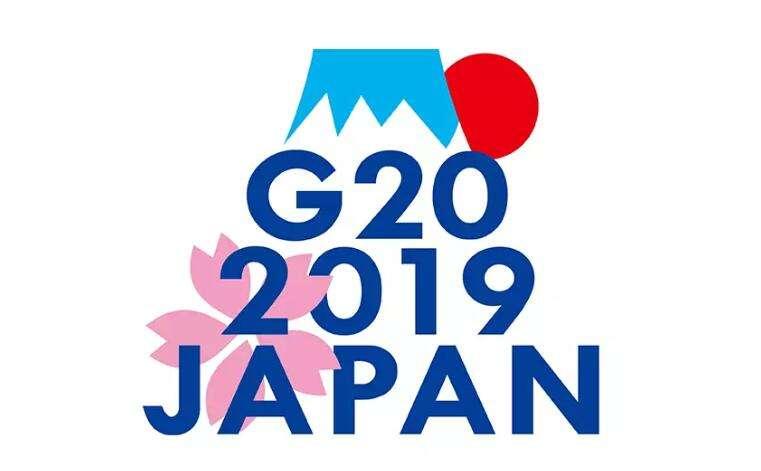by Xinhua writer Tu Yifan
RIYADH, June 25 (Xinhua) -- The upcoming Group of 20 (G20) summit in Osaka, Japan, will provide a chance for world leaders to conduct in-depth exchanges of views and put forward policy-oriented solutions, a leading economist from a Saudi think tank told Xinhua in a recent interview.
"The world now is at a transitional point where global economic growth is slowing down, so is the projection for many major economies in the world," said John Sfakianakis, chief economist at the Gulf Research Center.
The expert believed that this year's G20 summit has become an important meeting ground for international cooperation.
"I do hope the G20 summit can reach consensus for some policy-oriented recommendations as to how we can avoid an economic slowdown, as well as an escalation of trade frictions," he said.
Noting that increasing trade frictions between the United States and China could have a very negative impact on the world economy, Sfakianakis said that if a real trade war did take place between the two countries, it would sink the global economy into recession, especially when there is already fragility concerning the future of growth dynamic.
It is his hope that the leaders of the world's two largest economies can meet during the G20 summit and exchange views on the outlook of the global economy, which is very important and could release a positive signal because no one wants to see a fight between the two great economies.
Washington and Beijing should find ways to solve their disputes through dialogue on equal basis, accommodate each other's legitimate concerns and move ahead to jointly promote global economic growth, Sfakianakis added.
As for the fact that China has emerged as an important player with significant economic and political influence on the world stage, Sfakianakis said: "China has been trying to do its best in playing a bigger role in promoting world economic growth. I am looking forward to seeing more meaningful and instrumental projects under the Belt and Road Initiative, which is important in boosting the development of many developing countries."
He highlighted China's achievement of lifting over 700 million people out of poverty within a very short span of time since opening-up and reform, in view of a population of over 1.3 billion.
What China has succeeded in and done are impressive and should be lessons for other countries, he said.
Asked about Saudi Arabia's role in G20, Sfakianakis pointed out that the kingdom can be a voice representing Arab economies in G20.
A series of reforms in Saudi Arabia have been carried out over the past two years under the Saudi Vision 2030 to boost economic diversification and these reforms are very much needed and can serve as an example for other countries in the region, Sfakianakis said.
"If Saudi Arabia successfully diversifies its economy, its story will be an inspiring one, not only for Saudi (Arabia) itself, but also for G20 and other oil-dominant economies. Saudi (Arabia)'s success will give hope and drive for the single-source and natural resource-based economies to develop and diversify," he said.




 A single purchase
A single purchase









